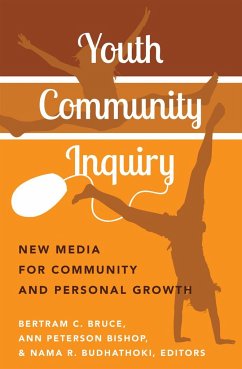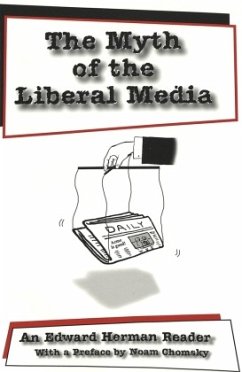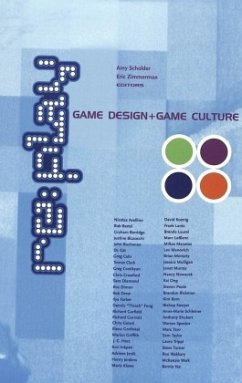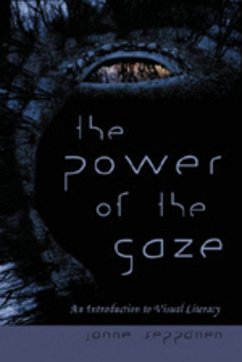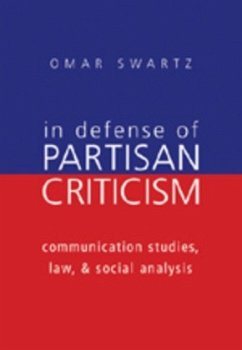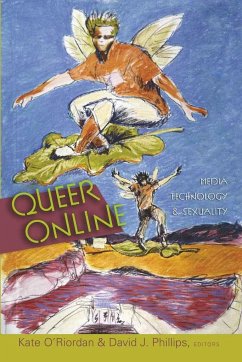
Totalitarian and Authoritarian Discourses
A Global and Timeless Phenomenon?
Herausgegeben: Lams, Lutgard; Crauwels, Geert; Serban, Henrieta Anisoara
Versandkostenfrei!
Versandfertig in 6-10 Tagen
94,35 €
inkl. MwSt.

PAYBACK Punkte
0 °P sammeln!
This volume offers a comparative analysis of the functioning of totalitarian and authoritarian discourses and their aftermath. Whereas other studies often focus on communist/post-communist examples and hence particularize totalitarian discourse, this book starts from a more encompassing theoretical perspective, transcending the limitation of totalitarian discourse to its communist constituent. The case studies presented in this volume thus provide a more differentiated analysis of discursive strategies in totalitarian and authoritarian regimes across the globe, including the former East German...
This volume offers a comparative analysis of the functioning of totalitarian and authoritarian discourses and their aftermath. Whereas other studies often focus on communist/post-communist examples and hence particularize totalitarian discourse, this book starts from a more encompassing theoretical perspective, transcending the limitation of totalitarian discourse to its communist constituent.
The case studies presented in this volume thus provide a more differentiated analysis of discursive strategies in totalitarian and authoritarian regimes across the globe, including the former East Germany, former Yugoslavia, Romania, Lithuania, China, North Korea, the Philippines, Burma, Cuba and Tunisia. In addition to this geographical range, these studies also undertake new research into different eras, enabling comparison between past and present discourses. The findings are presented in three interconnected sections dealing with culture and education, media and official discourse, and power structures and politics. The extended scope of the case studies reveals the universal characteristics of totalitarian/authoritarian discourses over space and time.
The case studies presented in this volume thus provide a more differentiated analysis of discursive strategies in totalitarian and authoritarian regimes across the globe, including the former East Germany, former Yugoslavia, Romania, Lithuania, China, North Korea, the Philippines, Burma, Cuba and Tunisia. In addition to this geographical range, these studies also undertake new research into different eras, enabling comparison between past and present discourses. The findings are presented in three interconnected sections dealing with culture and education, media and official discourse, and power structures and politics. The extended scope of the case studies reveals the universal characteristics of totalitarian/authoritarian discourses over space and time.







